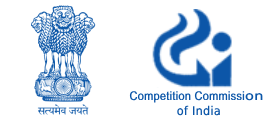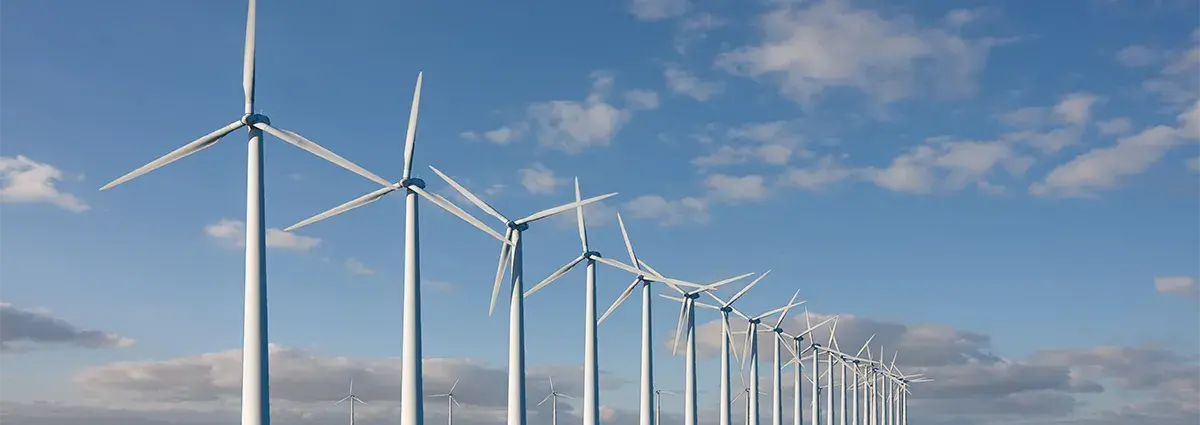Patent Infringement In India
The Indian Patents Act 1970 does not specifically define activities that constitute infringement of patents, however, Section 48 of the Indian Patents Act 1970, confers exclusive rights upon the patentee to exclude third parties from making, importing, using, offering for sale or selling the patented invention, patented product or patented process. It can therefore be concluded that violation of aforementioned monopoly rights would constitute infringement of a patent.
The Patent Act of 1970 (IPA) provides for the enforcement of patents by way of suits for infringement. Post-WTO TRIPS Agreement, various methods have, however, been adopted by legislators in India to improve patent enforcement measures. The TRIPS Agreement has introduced several domestic enforcement mechanisms in an attempt to overcome the shortcomings of pre – existing international IP laws . The 2005 Amendment of the IPA was a significant breakthrough as it marked the beginning of a product patent regime in chemicals, food and drugs, and also some of the notable patent litigation between innovator companies and the Indian generic drug industry. Before delving into the enforcement measures, it is pertinent to discuss activities amounting to infringement, the provision in the statute that exempts certain activities from infringement liability and the defences available in case of an infringement suit.
As per section 104(A) of the Indian Patents Act, 1970, in a patent infringement suit, where the subject matter of patent is a process for obtaining a new product or there is substantial likelihood that an identical product is made by the patented process and the patent holder or a person deriving title or interest in the patent from him, has proved that the product is identical to the product directly obtained by the patented process but the patent holder could not establish through reasonable efforts to determine the process actually used by the infringer, then the court may direct the defendant to prove that the process used by him to obtain the product, identical to the product of the patented process, is different from the patented process.
Exception to the Infringement or Non-Infringing Activities
Government Use:
As per section 47 of the Indian Patents Act, 1970, an invention can be used anytime after the application for a patent is filed, or after the patent is granted by the ‘Central Government’ and by ‘any person authorized by it’. The patented product may be imported or made by or on behalf of the government. Similarly, the patented process may be used by or on behalf of the government for its own use.
Research Exemption:
Any person may use or make the patented invention merely for the purposes of experiment or research including and imparting instructions to students.
Supply of Patented Drugs to Health Institutions:
A patented invention in respect of any medicine or drug may be imported by the Government for the purpose merely of its own use or for distributing in any dispensary, hospital or medical institution maintained by or on behalf of the government.
Use of Patented Invention on Foreign Vessels:
Patent rights are not considered to be infringed where the foreign vessel/aircraft/land vehicle temporarily or accidentally comes to India and uses the invention in the body of the vessel/in machinery/tackle/apparatus/in its construction or working as per section 49 of the Indian Patents Act. However, this provision is applicable only to the foreign vessel/aircraft/land vehicle of those foreign countries that provides reciprocity to Indian vessel/aircraft/land vehicle.
Bolar-Like Provision:
As per the Patents Act, 1970 u/s107A (a), any act of making, constructing, using or selling a patented invention solely for uses reasonably relating to the development and submission of information required under any law for the time being in force, in India, or in a country other than India that regulates the manufacture, construction, use or sale of any product, is not to be considered as infringement.
This allows manufacturers of generic drugs to experiment with any patented drug for development and submission of data to a drug control authority or public health authority, without infringing. As soon as the patent expires, the generic drug makers can market their product at an affordable price.
Parallel Import:
Under scetion107A (b) of the Indian Patents Act, 1970 the importation of patented products by any person authorized by the patent owner or the licensee of the patent owner to any country will not be considered as an infringement.
Defences, etc., in suits for infringement
As per section 107 of the Indian Patents Act, 1970:
(1) In any suit for infringement of a patent every ground on which it may be revoked under section 64 of Patents Act shall be available as a ground for defence.
(2) In any suit for infringement of a patent by the making, using or importation of any machine, apparatus of other article or by the using of any process or by the importation, use or distribution or any medicine or drug, it shall be a ground for defence that such making, using, importation or distribution is in accordance with any one or more of the conditions specified in section 47 of the Indian Patents Act.
Jurisdiction
A patent holder can file a suit for infringement in the District Court or High Court. However where counter-claims for revocation of the patent is made by the defendant, the suit along with the counter-claims are transferred to the High Court for a decision on the validity of the patent.
The IPA, however is silent as to which courts will have the jurisdiction to hear the case.
According to s 19 of the Civil Procedure Code 1908, the patentee can bring the suit for infringement in the court which has jurisdiction in the area where he/she resides or carries on a
business or personally works for gain. The patentee can also bring the suit for infringement in a court which has jurisdiction in the area where the infringing activity took place.
Rights of Patent Exclusive Licensee
The Indian Patent Act under section 109 provides rights alike to the exclusive license holder as that of patentee to institute a patent infringement suit if the act of infringement is committed after the date of the license. The court considers any loss suffered or likely to be suffered by the exclusive licensee before awarding damages or an account of profits or granting any other relief and considers the profits earned by means of infringement so far as it constitutes an infringement of the rights of the exclusive licensee as such.
Limitation period for Patent Infringement suit- India
The Indian Limitation Act governs the period of limitation for bringing a suit for infringement of a patent, which is three years from the date of infringement. Therefore, it is pertinent to note that the limitation period for the suit runs from the date of infringing act and not from the date of grant.
Another point worth noting is that if the patent has ceased to have an effect due to non-payment of the renewal fee, then the patentee will not be entitled to institute the proceedings for the infringement committed between the date on which patent ceased to have an effect and the date of publication of the application for restoration of the patent.
Burden of Proof
Where there is an alleged infringement of a patented invention that is in the form of a product, the burden of establishing that an infringement has occurred lies on the patentee. However, in the case of a process patent, the burden may shift to the Defendant / Infringer provided the patentee is able to prove to the court that through reasonable efforts he/she has not been able to determine the process which has been used by the defendant.
The Legal Interface of IPR
It is worth noting that all the IPR laws (excluding patent and designs laws) provide penal provisions to prevent infringement.
Administrative Remedy
If and when infringing goods are imported into Indian Territory, the IP owner can approach the Collector of Customs and prevent the entry of these goods into the Indian market. The IP owner must provide the name of the exporter, consignee, port of entry, name of the ship, etc to avail him/herself of this remedy.
Civil Remedy
A. Interim Injunctions
Interim injunctions are granted during the pendency of the case even before a full-fledged trial. This relief is granted by a summary procedure based on the admitted facts and by establishing:
1.a prima facie case where the burden of proof lies on the patentee to establish the patent violation. There are more chances of proving the prima facie case if the patent is sufficiently old; and
2.a balance of convenience in favour of the plaintiff as per the doctrine of relative hardships. The plaintiff would suffer irreparable loss if his/her prayer for a temporary injunction is not allowed. Usually, in patent infringement cases, an interim injunction is not normally granted before a full-fledged trial. It is a kind of norm that whenever the patentee files a suit for infringement, the defendant/infringer counter-claims for invalidity.
For example, in the case of Novartis AG v Mehar Pharma 2005 PTC 160 (para 28), as soon as the defendant counter-claims for invalidity it becomes difficult for the patentee to establish a prima facie case as a result of which the court does not grant any injunction against the defendant.
Under Indian law, there is no presumption of the validity of a recent patent. In the case of patents older than five years, the court may presume the validity of a patent. However, in the case of patents where a Certificate of Validity has been granted under s 130 of the IPA either by the High Court or by the Intellectual Property Appellate Board (IPAB), then the patentee can demand an interim injunction.
B. Permanent Injunctions
Permanent injunctions are granted after a full-fledged trial. In the event that the court concludes, after a full-fledged trial, that the plaintiff had unjustly obtained an interim injunction before trial, then the Court will direct the plaintiff to compensate the defendant for the losses that the defendant had suffered due to the subsistence of the injunction prior to the trial.
For more information on Patent Infringement please write to us at: info@ssrana.com
To Know More about Patents in India click on the link below:








